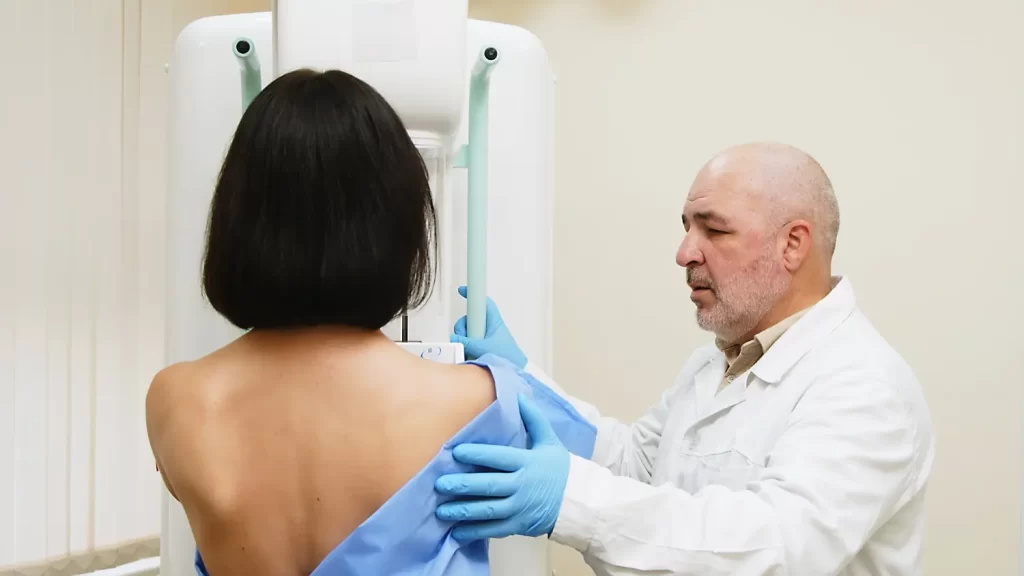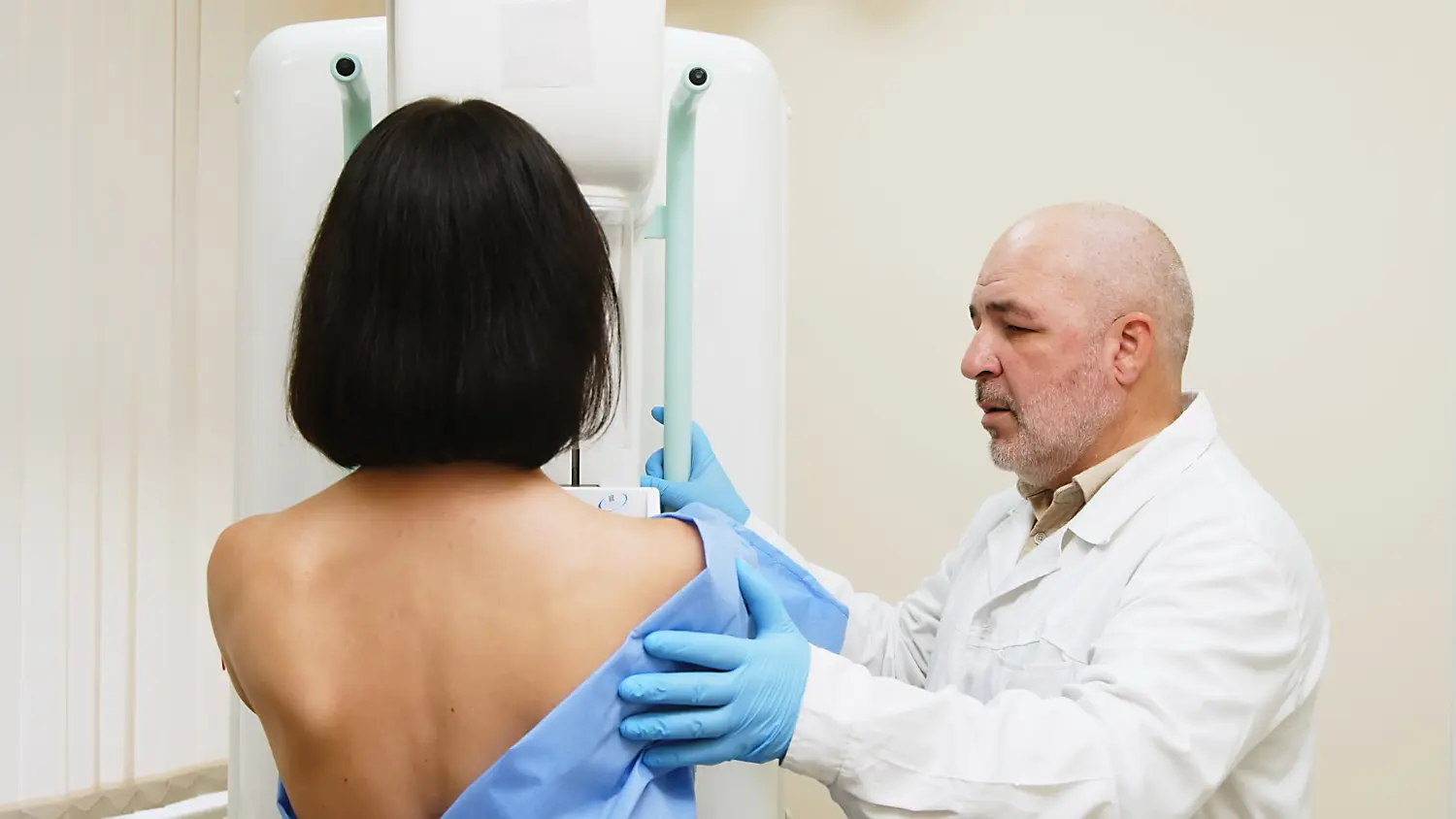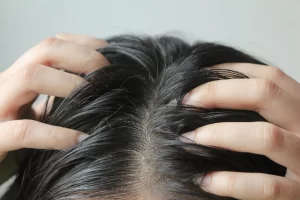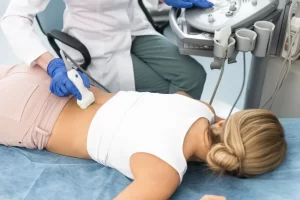
Mammograms are a critical tool for detecting breast cancer, and their importance doesn’t diminish after menopause.
Many women assume that once they reach menopause, their risk of breast cancer decreases or that mammograms become less necessary. However, mammogram menopause screenings remain crucial since postmenopausal women are still at significant risk. Regular screenings play a vital role in early detection and treatment success.
Understanding how menopause affects breast health can help women make informed decisions about their screening routine.
Menopause brings significant hormonal changes that affect breast tissue and overall cancer risk. As estrogen and progesterone levels decline, breast tissue tends to become less dense and more fatty. Even though breast density decreases, the likelihood of developing breast cancer increases, making regular screenings crucial for early detection and successful treatment.
In fact, the majority of breast cancer cases occur in women over 50, with risk increasing as they age. Factors like family history, obesity, and hormone replacement therapy (HRT) can also influence risk levels post-menopause.
Some women believe that once they go through menopause, their need for mammograms declines, but this is a dangerous misconception. Detecting cancer early remains just as important, if not more so, in postmenopausal women.
Studies show that women who undergo regular mammograms have a significantly lower risk of dying from breast cancer due to early detection. Skipping screenings could allow cancer to progress undetected, leading to more invasive treatments and poorer outcomes.
Regular mammograms help catch small tumors before they spread, improving survival rates and treatment success. Staying on top of screening recommendations is one of the most proactive steps postmenopausal women can take for their health.
Health organizations provide varying recommendations for mammogram frequency after menopause, but most agree that regular screening remains essential. Here’s what leading experts suggest:
Some women may need more frequent screenings, particularly if they have a strong family history of breast cancer, a history of dense breast tissue, or have used hormone replacement therapy (HRT). It’s important to discuss personal risk factors with a healthcare provider to determine the best screening schedule.
Following these guidelines ensures that breast cancer is detected early when treatment is most effective.

Mammograms can be uncomfortable, especially for postmenopausal women who may experience increased breast sensitivity due to hormonal changes. Fortunately, there are several ways to make the experience more comfortable and effective:
Book your appointment when your breasts are least tender. For many postmenopausal women, any time of the month is fine, but avoiding caffeine for a few days before the test may help reduce tenderness.
If you have sensitive breasts, taking an over-the-counter pain reliever like ibuprofen about an hour before your appointment can help minimize discomfort.
You’ll need to undress from the waist up, so wearing a skirt or pants instead of a dress makes the process easier.
Let the technician know if you’re feeling discomfort. They can adjust the positioning or take breaks if needed.
Regular screenings help radiologists compare past images to detect small changes early. Missing appointments can make detection harder.
By following these simple steps, mammograms can be a smoother and more effective experience.
Many postmenopausal women have concerns about mammograms, often due to misunderstandings about their necessity or effectiveness. Let’s clear up some of the most common myths:
Staying informed and following screening recommendations ensures that breast cancer is detected early when it’s most treatable.
Menopause brings many changes, but the need for regular mammograms isn’t one of them. As breast cancer risk increases with age, mammograms remain a crucial tool for early detection and improved treatment outcomes.
Key takeaways from this article:
If you’re unsure about your screening schedule, talk to your doctor to develop a plan that fits your personal risk factors. Staying proactive with mammogram menopause screenings is one of the best ways to prioritize your health in the postmenopausal years.
Looking for more ways to maintain your well-being after menopause? Check out our guide on hormone health and cancer prevention.
Related Articles










* These statements have not been evaluated by the Food and Drug Administration. This product is not intended to diagnose, treat, cure or prevent any disease.